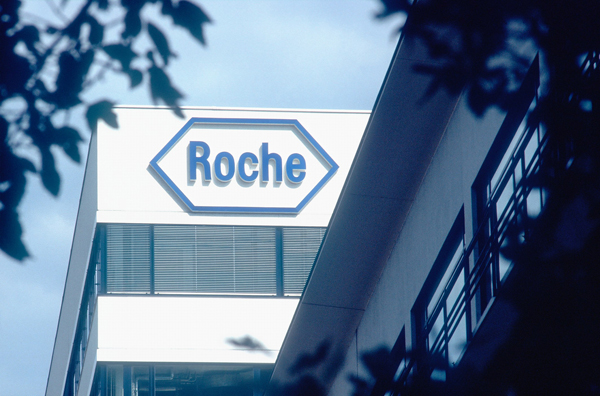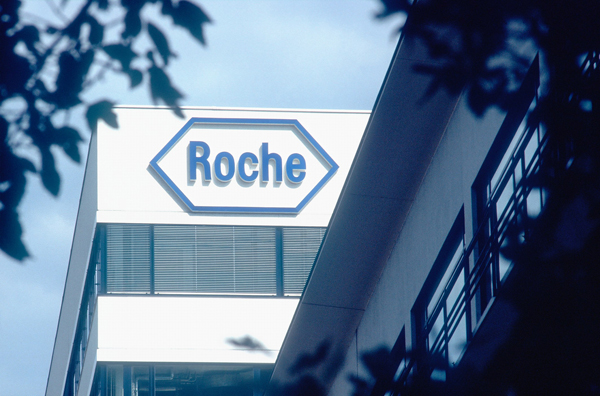The first disease-modifying therapy for pediatric patients over the age ten with relapsing multiple sclerosis (MS) has been approved by the US Food and Drug Administration (FDA). Novartis’ Gilenya (fingolimod) was originally approved in 2010 and has since been used to treat over 230,000 patients around the world making it the most prescribed oral treatment for MS.
“For the first time, we have an FDA-approved treatment specifically for children and adolescents with multiple sclerosis,” said Dr. Billy Dunn, director of the Division of Neurology Products in the FDA’s Center for Drug Evaluation and Research. “Multiple sclerosis can have a profound impact on a child’s life. This approval represents an important and needed advance in the care of pediatric patients with multiple sclerosis.”
This expanded indication builds on Novartis’ previous approval for Gilenya in relapsing MS patients over the age of 18. According to the National Multiple Sclerosis Society, adults are more frequently diagnosed with MS, however children experience more recurrent relapses and brain lesions. This makes the approval of Gilenya in this pediatric patient population even more important as it’s a much-needed treatment option.
“We now finally have an FDA-approved treatment for children and adolescents with relapsing MS,” said Dr. Brenda Banwell, Chief of the Division of Neurology at Children’s Hospital of Philadelphia, who served as co-Principal investigator of the pivotal study that supported the pediatric approval. “Repeated relapses are more common in young people with MS than in adults, so this is heartening news for patients and their families.”
Novartis’ Phase III, 215-patient PARADIGMS study, which compared Gilenya to interferon beta-1a intramuscular injections, was used to support the approval of the expanded indication for Gilenya. Patients being treated with Gilenya saw a reduction of their annualized relapse rate by 82 percent for up to two years.
“We have eagerly anticipated a proven treatment option for younger people living with MS,” said Elin Phillips, President, Pediatric Multiple Sclerosis Alliance. “Until now, there have been no large clinical trials to assess treatment efficacy of disease-modifying therapies in children and adolescents. On behalf of the pediatric community, we would also like to thank the families and the clinical trial patients who made this progress possible.”
About 400,000 individuals in the US are affected by MS. Novartis reported sales of Gilenya to be $821 million in Q1 of 2018, which was up eight percent of the same period in 2017.
“After becoming the first approved oral MS therapy in the US in 2010, we’re proud this new approval represents another first for Gilenya,” said Fabrice Chouraqui, US President of Novartis Pharmaceuticals Corporation. “It is the latest achievement in our ongoing commitment to drive innovation in MS and bring additional treatment options to more patients, including young people with MS.”












Join or login to leave a comment
JOIN LOGIN